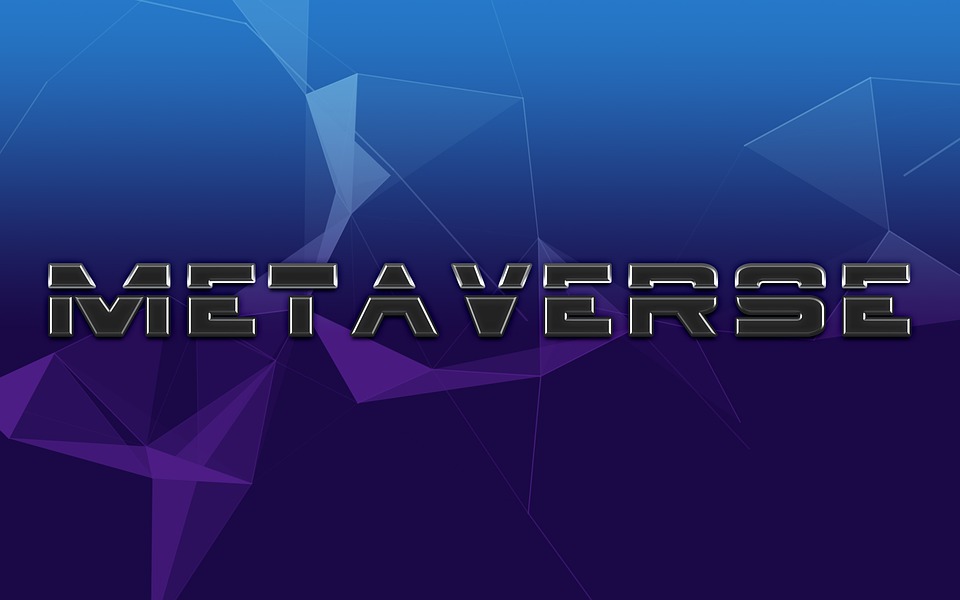Education
Unlocking Knowledge: The Impact of Digital Publishing in Education
by Author
-
Friday, December 8, 2023
143 Views
In the rapidly evolving landscape of education, the advent of digital publishing has ushered in a new era of accessibility, connectivity, and unprecedented knowledge dissemination. As we navigate this digital revolution, it becomes increasingly evident that the impact of digital publishing in education is not merely transformative but is, in fact, pivotal to shaping the future of learning. In this blog post, we will delve into the multifaceted dimensions of how digital publishing is unlocking knowledge and revolutionizing the educational paradigm.
The Evolution of Publishing in Education: A Digital Renaissance
The Digital Canvas: Redefining Learning Spaces
In the wake of digital publishers, traditional classrooms are undergoing a profound metamorphosis. No longer confined to the limitations of physical textbooks, students and educators now have a boundless digital canvas at their fingertips. Interactive e-books, online journals, and multimedia resources have become integral tools, fostering a dynamic and engaging learning environment.
Accessibility Redefined: Bridging Gaps in Education
One of the most remarkable impacts of digital publishers is its ability to democratize access to information. Digital platforms break down geographical barriers, making educational resources accessible to students across the globe. This not only narrows the educational divide but also empowers learners from diverse backgrounds to access the same wealth of knowledge.
The Burstiness of Digital Knowledge: Navigating Perplexity in Education
Dynamic Content Delivery: Meeting Varied Learning Styles
Digital publishers caters to the burstiness of knowledge consumption by providing content in diverse formats. Whether it’s visual learners benefitting from infographics or auditory learners engaging with podcasts, the flexibility of digital content delivery ensures that education is tailored to individual learning styles, enhancing comprehension and retention.
Real-time Updates: Keeping Pace with an Ever-changing World
In a world characterized by constant change, traditional print materials often struggle to remain relevant. Digital publishing, however, thrives on the ability to provide real-time updates. This not only keeps educational content current but also instills in students the importance of staying informed in an ever-evolving landscape.
Navigating the Digital Maze: Self Publishing Services
Empowering Educators: The Rise of Self Publishing Services
The realm of digital publishing extends beyond mainstream publishers, empowering educators to become authors in their own right. Self publishing services have emerged as a powerful tool for educators to share their insights, experiences, and specialized knowledge directly with their students. This grassroots approach fosters a sense of community and encourages a more personalized and intimate learning experience.
Memoir vs Autobiography: Unraveling Personal Narratives in Education
Within the tapestry of digital publishing, the distinctions between memoir vs autobiography become increasingly relevant. Students, guided by educators or independently exploring personal narratives, can gain insights into the human experience through these literary forms. The digital space offers a canvas for the exploration of individual stories, adding a layer of richness to the educational journey.
Connecting the Dots: Analogies and Metaphors in Digital Education
The Internet as a Classroom: An Analogy
Imagine the internet as a vast, interconnected classroom where every website, article, or video is a lesson waiting to be explored. In this digital realm, students have the freedom to navigate through a curriculum tailored to their needs, with the internet serving as both a repository of knowledge and a dynamic learning space.
Metaphor: Digital Publishing as a Beacon of Light
Digital publishing can be likened to a beacon of light illuminating the path to knowledge. Just as a lighthouse guides ships through tumultuous waters, digital publishing guides learners through the vast sea of information, ensuring a safe and enriching educational journey.
Conclusion: Embracing the Future of Learning
In conclusion, the impact of digital publishing in education is nothing short of revolutionary. From redefining learning spaces to empowering educators through self-publishing services, the digital realm has opened up new frontiers of knowledge. As we navigate this digital maze, embracing the burstiness and perplexity of dynamic content, we find ourselves at the forefront of a transformative era in education.
Frequently Asked Questions
-
How does digital publishing enhance accessibility in education?
Digital publishing enhances accessibility by breaking down geographical barriers, providing a global platform for educational resources.
-
What role do self-publishing services play in education?
Self-publishing services empower educators to share their expertise directly with students, fostering a sense of community and personalization.
-
How does digital publishing cater to diverse learning styles?
Digital publishing caters to diverse learning styles by delivering content in various formats, such as infographics, podcasts, and interactive e-books.
-
Can you elaborate on the impact of real-time updates in digital education?
Real-time updates in digital education keep content current, ensuring students stay informed about the latest developments in their field of study.
-
How does digital publishing contribute to the exploration of personal narratives in education?






